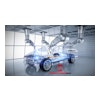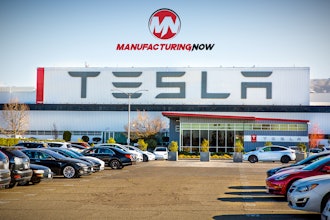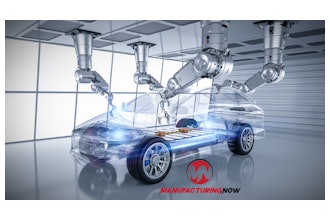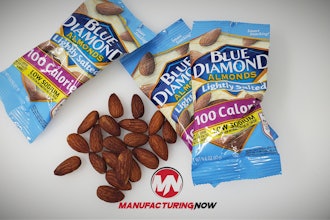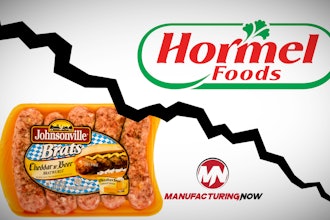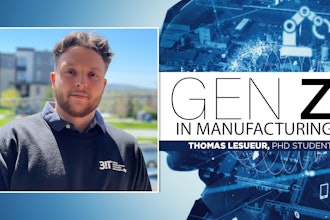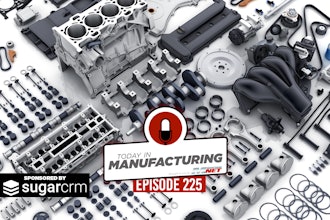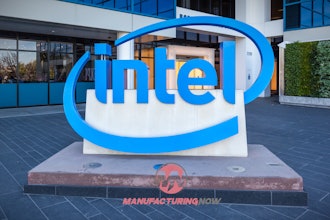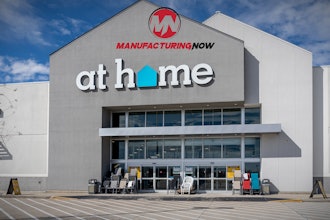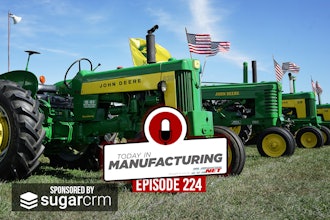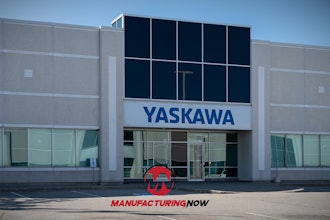The challenges facing meat producers and processors during the COVID-19 pandemic have been well-documented, with factories constantly shutting down throughout April and May amid virus outbreaks among their employees.
Those employees — sometimes numbering several thousand at a single plant — are typically stationed side-by-side in close quarters, which makes preventing the spread of a respiratory virus very difficult, even with strict safety measures.
Deep into this workforce crisis, America’s largest meat producer, Tyson Foods, is turning to robot butchers. The Wall Street Journal reports that Tyson is developing an automated deboning system for processing meats as a way of avoiding spreading diseases like COVID-19, along with maintaining productivity during staff shortages and avoiding bottlenecks.
Company CEO Noel White said the ongoing pandemic is likely to speed up Tyson’s investments in technology and automation, currently valued at $500 million.
However, unlike simple tasks like material-handling and repetitive pick-and-place movements that factory robots are typically programmed for, meat processing is much trickier. The Journal quoted Tyson President Dean Banks saying that training robots to cut and sort meat is a massive operational challenge due to meat’s soft texture and variability, along with an environment with low temperatures and blood splatter.
The report said Tyson technicians are currently trying to teach machines to identify and quickly adjust to variations in the coloration and shape of meat. The company has reportedly designed a water-jet cutting system that can carve chicken breasts more precisely than humans.


